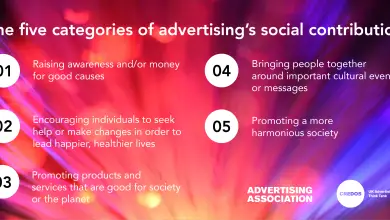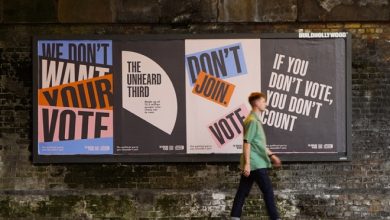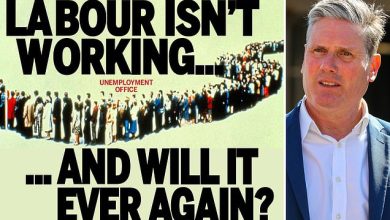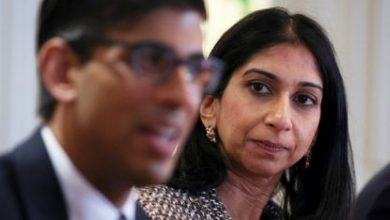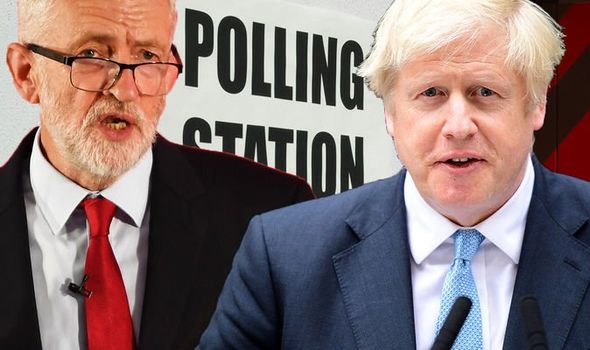James Kirkham: from Cannes to Tehran, and our split screen era
The Cannes Lions festival has always been a reliable mirror for the advertising industry. Delegates wearing sunglasses on panels, sitting in front of fifty-foot yachts, sun-drenched group photos that play out each year with ritualistic choreography. The awards are handed out, slogans are repeated, and the LinkedIn feeds fill with reflections that feel increasingly interchangeable such purpose rediscovered, connections forged, lessons learned.
Yet this year the chasm of disconnect feels harder than ever to ignore. As the industry congratulated itself on its creativity and innovation, there was little acknowledgment that the foundations on which this creative world has been built are shifting beneath it. For decades, the big agency groups such as WPP, Omnicom, and Publicis (who bought my own agency Holler back in 2010) could claim to set the tone for culture. Now their relevance is fast diminishing. The big tech platforms own the beaches, quite literally. The algorithms dictate the terms. The agency networks, once the architects of taste and influence, are increasingly ornamental.


And all of this is happening at the very moment AI is set to transform the industry beyond recognition. The change will not be gradual. It will be seismic, immediate, and brutal. AI will not politely disrupt advertising in neat stages. It will alter how work is conceived, produced and distributed, how talent is valued, how creativity itself is defined. Entire swathes of the industry face extinction or reinvention.
Yet the bubble remains intact. There is little sense of urgency, little visible reckoning with what is unfolding as thousands are disconnected from the forces remaking the world outside its beachfront perimeter.
And it is that disconnection that is perhaps most revealing because we have entered a split-screen age. On one side is the creative industry’s carefully curated self-image: purposeful, progressive, innovative, optimistic. On the other is the world as it actually is: unstable, fractured, burning. The headlines we do not see discussed at Cannes or in the LinkedIn wrap-ups speak louder than those that are. Tehran, Gaza, Ukraine, the climate emergency, the hottest year on record. Realities that define the world beyond the bubble are absent from the conversations within it.

The split is not limited to advertising. It reflects a broader cultural condition. The United Kingdom’s election last year offered a striking example. Brexit, arguably the greatest act of economic self-harm in modern history, was barely mentioned. A word so politically inconvenient it has been airbrushed out of the national conversation.
We have become, as a culture, adept at creative avoidance. Strategic in our refusal to engage with what is difficult or destabilising. We know how to package purpose and progress so long as they do not ask us to confront anything truly hard.
Yet this strange dissonance conceals an opportunity. For the first time in decades, the creative industries stand at a point of existential risk. AI will force a reckoning with what is genuinely valuable in human ingenuity. The bubble is unsustainable. The split-screen cannot hold. This is a moment not simply to adapt to the technological shift but to reconsider the purpose of the work altogether.
What if the same brilliance that is currently spent on selling sneakers, streaming platforms, and snacks was redirected towards interrogating power, challenging injustice, helping to address the crises that define our age? What if the storytelling genius, the data fluency, the technological muscle were applied not to preserving the bubble, but to puncturing it?
Creativity has always claimed to change the world. Perhaps it is time to test whether it actually can.
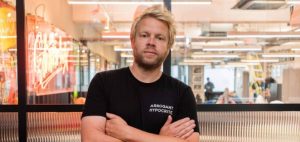 James Kirkham is the founder of Iconic.
James Kirkham is the founder of Iconic.

